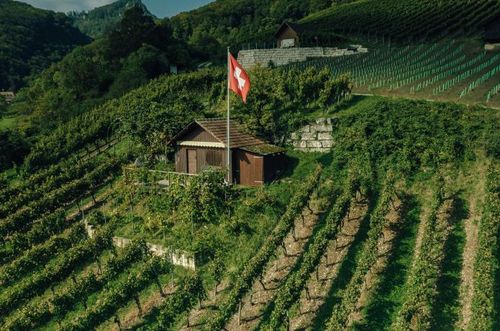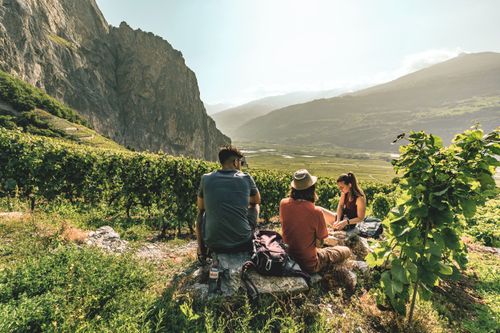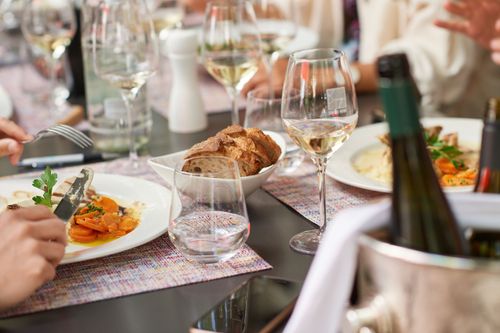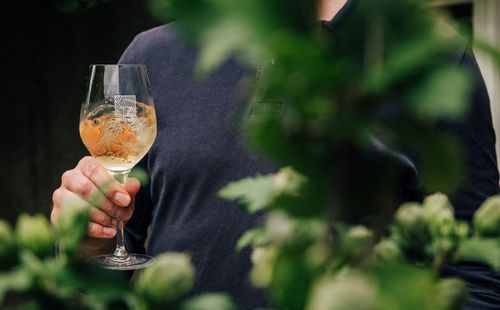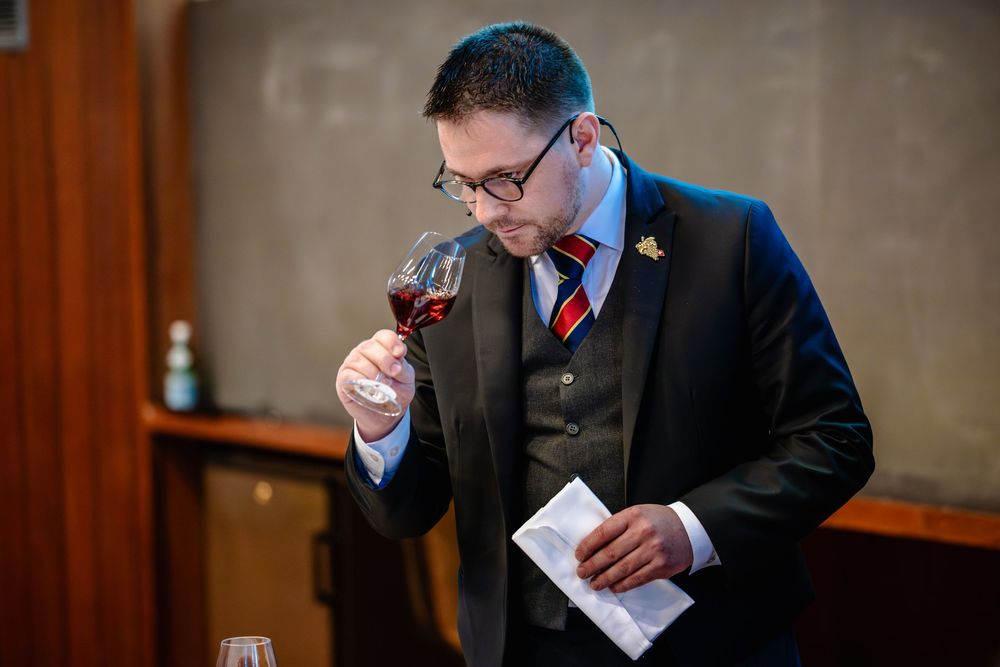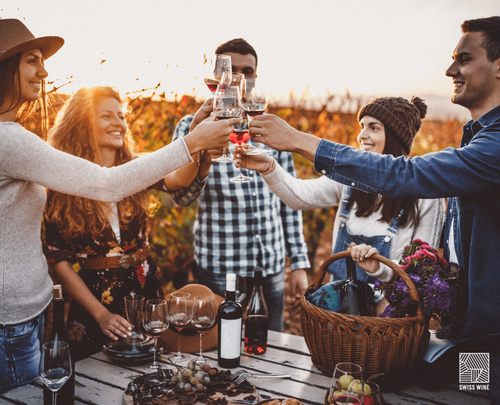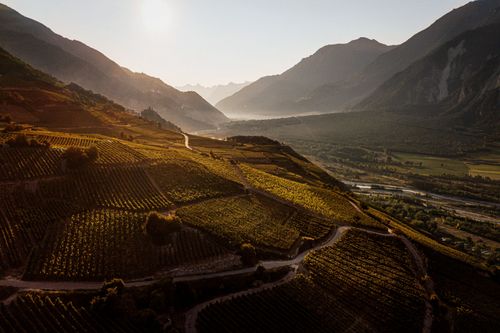‘A sommelier is an ambassador – for the winemaker and the chef’
In April 2025, Mikaël Grou, head sommelier at the Le Chat Botté restaurant in the Hotel Beau-Rivage in Geneva, was named Switzerland's best sommelier at the Changins School of Viticulture and Oenology. In an interview with swisswine.com, he talks about perseverance, the wow factor of Swiss wines – and difficult customer requests.
Mikaël Grou, do you have a recipe for success?
If there is one, it's perseverance. I've been competing for 18 years – and rarely won. The most important thing was not to give up. This time I was better prepared and less stressed, although the pressure was naturally high after coming second in 2021.
How do you prepare for a competition like this?
I tried to acquire as broad a knowledge as possible about wine, regions, grape varieties, production methods and cultural heritage. But you can never cover everything – the field is too broad for that. You have to stay curious and remember even seemingly small things. For example, in which part of Ticino a particular wine village is located.
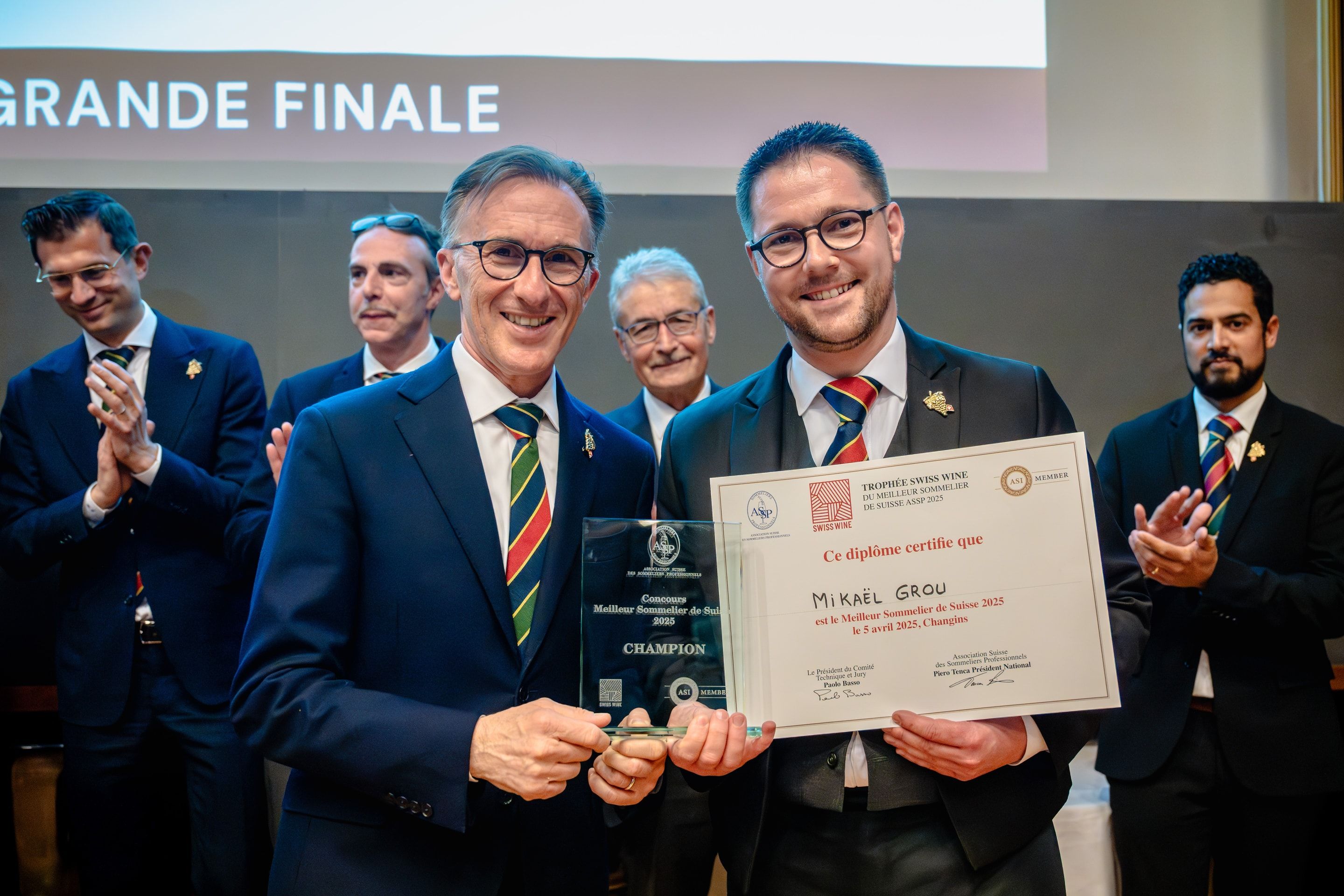
What does the role of sommelier mean to you?
A sommelier is first and foremost a mediator. We represent the winemaker who does the actual work in the vineyard. At the same time, we convey the chef's philosophy. We tell stories – about the glass and the plate. And last but not least, we work for a company with economic goals.
What do you particularly appreciate about your job?
The contact with the guests. The dining room is like a stage – and every table is a new play. The direct exchange is the best thing about my job. Of course, inventory and preparation are also part of it, but personal dialogue is the best thing for me.
How do you deal with demanding customer requests?
The more complex, the more exciting. Preparing for competitions helps enormously – it forces us to think beyond our own cellar. If a guest from Australia asks for a Syrah from his home country, I have to be able to offer him something similar from Switzerland. Maybe not identical, but an equally fascinating wine.
How has the wine list changed during your five years at Le Chat Botté?
During the pandemic, many guests discovered Swiss wines for themselves. When the restaurants reopened, they wanted to try something new – an impulse we took advantage of. Today, we are increasingly opening up to wines from countries such as Austria, Germany and Hungary, and are focusing more on Swiss wines, including those from regions such as St. Gallen and Thurgau.
Is it difficult to convince your guests to try Swiss wines?
Not at all. Our international clientele is open-minded. They are often unfamiliar with Swiss wines and enjoy being surprised. An American might ask, ‘What's similar to my favourite wine from California?’ A Spanish woman might say she only drinks Spanish wines – and we serve her a great Tempranillo from Geneva. The goal is always to create a little wow effect.
What proportion of your wine list is made up of Swiss wines?
About a sixth – around 200 items out of a total of 73 pages. And the trend is rising.
Is there still potential for development?
Absolutely. Geneva in particular has many small, exciting wineries. Of course, we can't work with all of them, but I change the selection regularly. This allows us to stay up to date and gives several producers the chance to showcase themselves.
How do you select new wines?
Sometimes we're missing a certain type on the list – let's say a Gamaret. Then we go on a targeted discovery tour. But often we end up being surprised by something completely different, such as an Aligoté. The selection also depends on the season and the menu. What we buy today may not be served for another few months.
How will your competition career continue?
When you win a competition, you naturally want to continue. But I also have to be realistic and consider my strengths and weaknesses before embarking on a new adventure, in order to decide whether I want to continue or take a break. At the moment, I'm not sure yet.
And how will your professional journey continue?
I'm staying in Geneva, but moving to another five-star hotel nearby. The change had nothing to do with the title – the trust was already there.
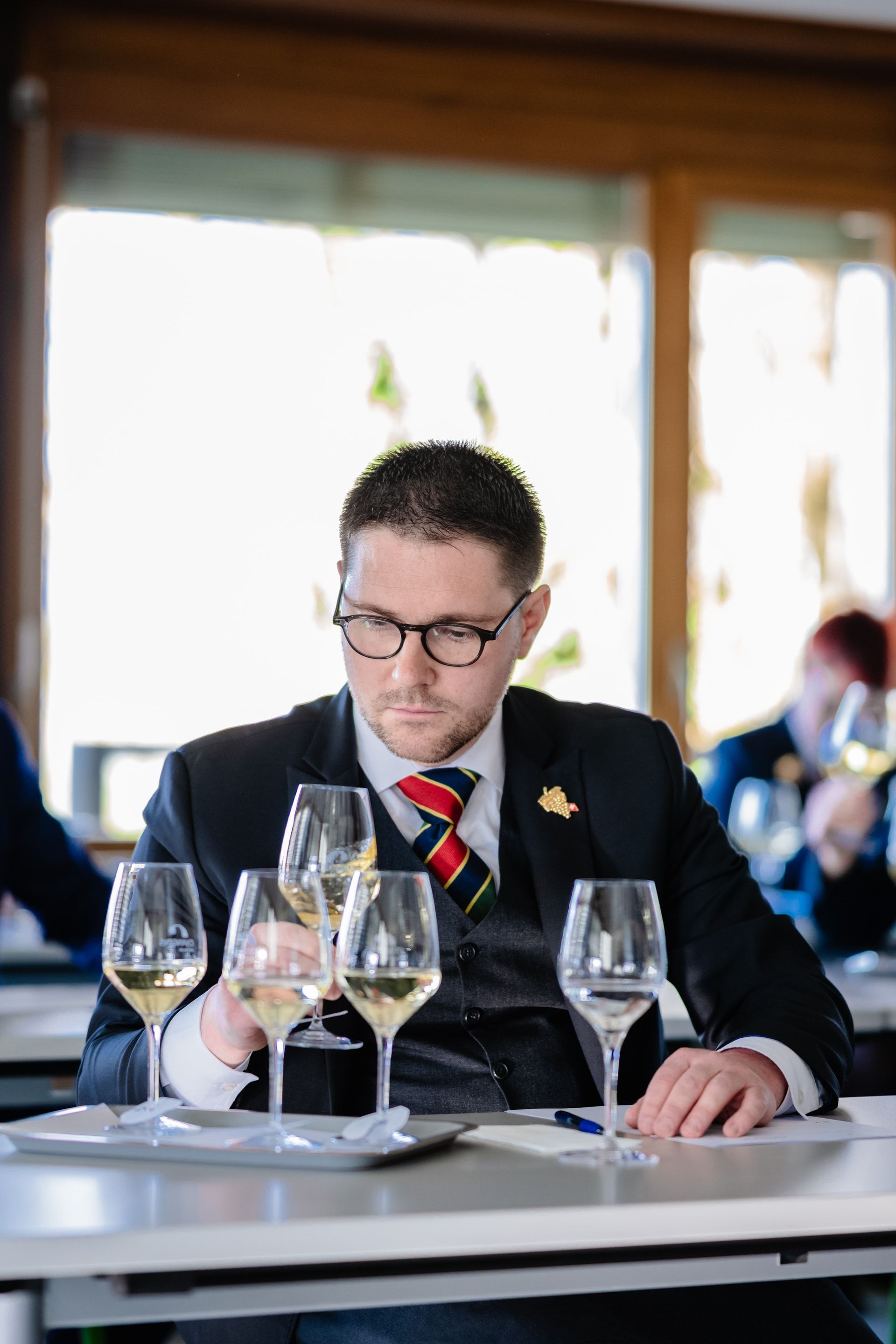
Related Articles
All the news about Swiss wines and exclusive reports.
To visit our site, you must be of legal drinking age in your country of residence.

